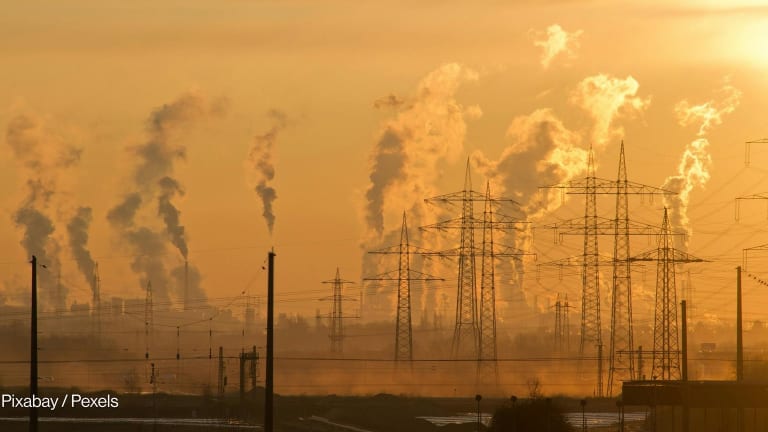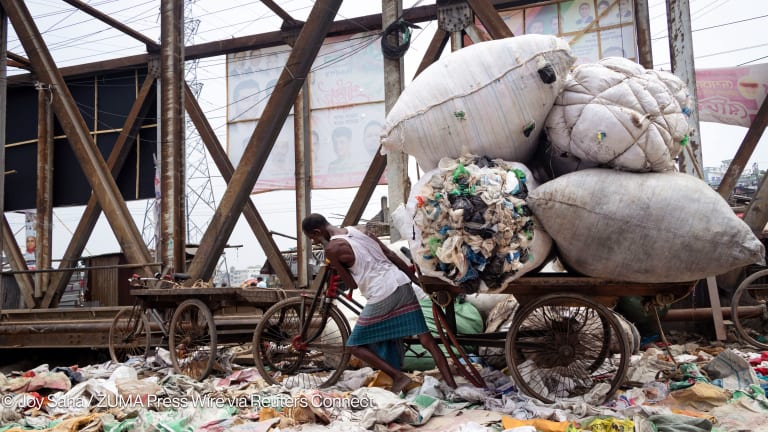
About 4.2 million die globally as a result of outdoor air pollution every year, according to the World Health Organization. In Uganda, an organization capturing air quality in the capital Kampala and other areas across the country through the use of low-cost sensors and artificial intelligence is using data to make the case to authorities to address this challenge.
“The way to make [air pollution] a priority is not by saying … we have air pollution without any facts or figures, but being able to do that groundwork on providing the data to actually show the state of air pollution,” said professor Engineer Bainomugisha, project lead at AirQo, during a Devex flagship event.
Having the data also helps veer away from generalizing the challenge, allowing authorities to know where exactly the problem lies, and find solutions.
“Because in the absence of data, you have a generalization that maybe you have a lot of air pollution across the city, but actually it's maybe not the case. So making these entities realize that there's something that they [are] … able to do, and they can also … see the scale of the air pollution challenge, then we start now to think about what actions we can take to address this problem,” Bainomugisha said.
AirQo is currently working with national and local authorities in Uganda, and is looking at partnerships to expand its work to at least 10 new cities in five African countries in the next three years. In Nairobi, Kenya, they’re working with the U.N. Environment Programme to see how they can expand their work there.









